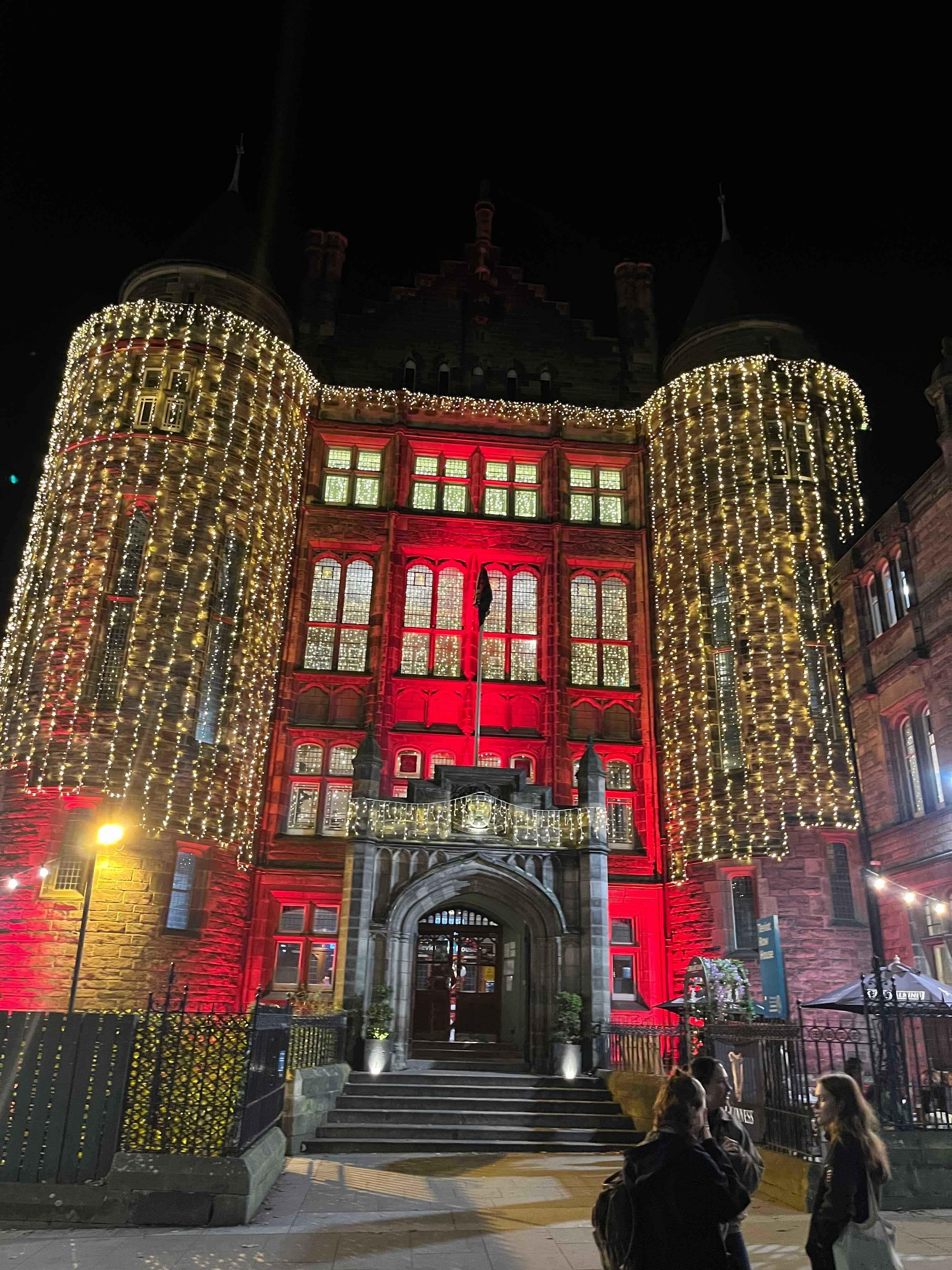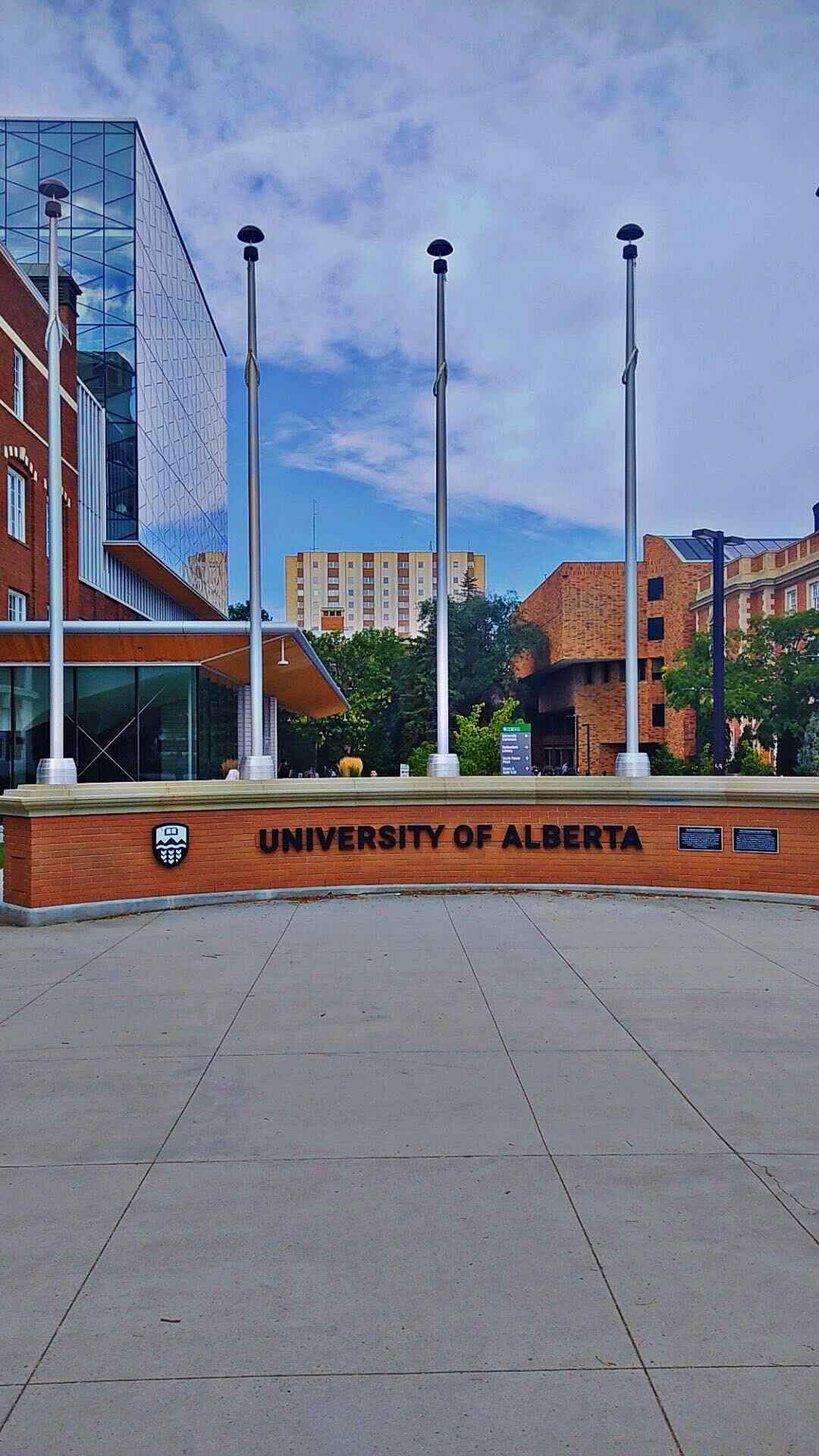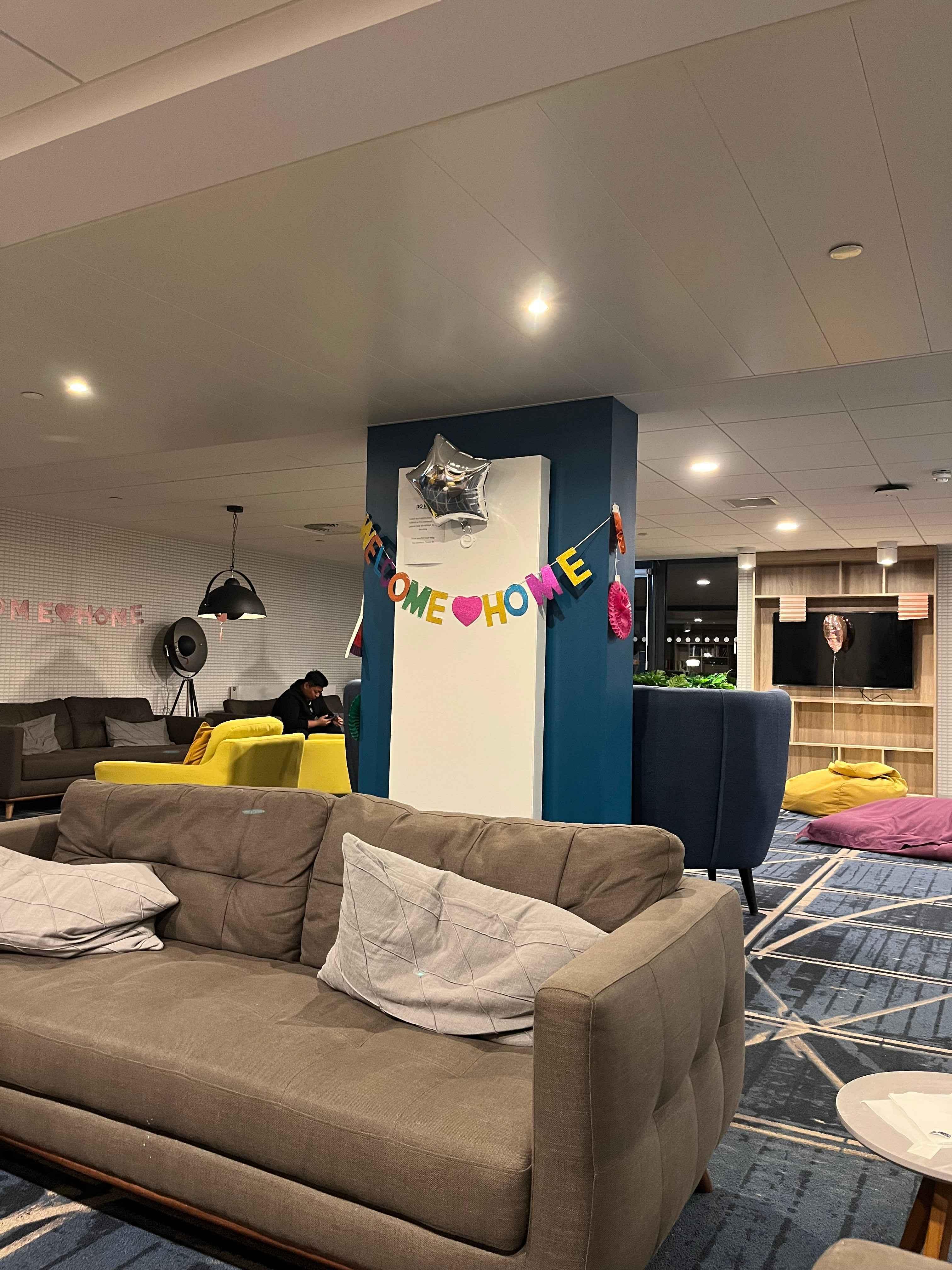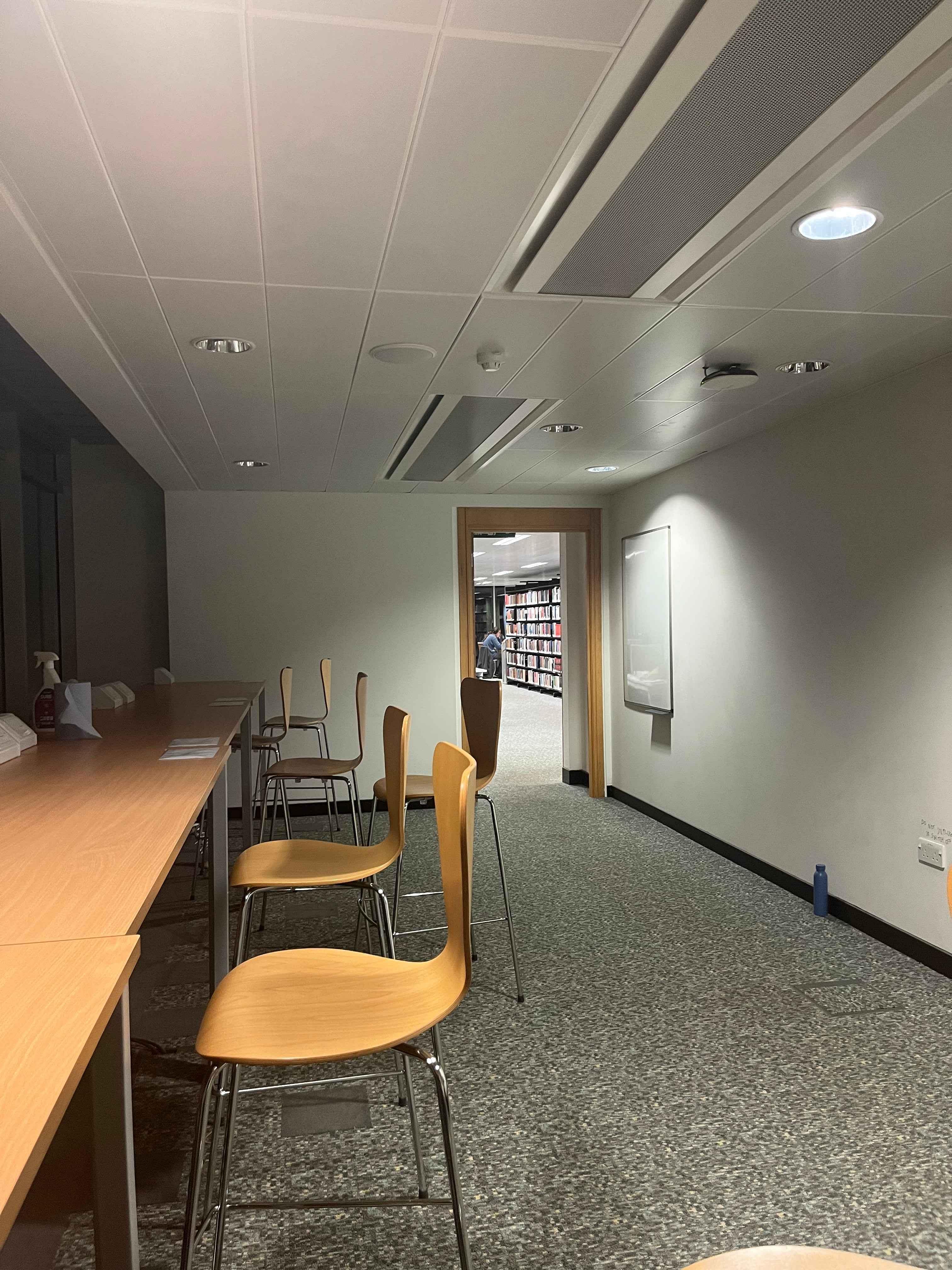What Students Say
Likes
- Flexibility in course selections
- World class library, lecture halls and other buildings
- The surroundings of the university and the city of Edinburgh are very beautiful
Dislikes
- The fees is on the higher end
- The course is a bit intensive and the pressure could be really high during assignment periods
- During peak times, the library would become overcrowded and it's difficult to find a seat
Course Curriculum
- I would say the difficulty level was quite high. It was a mix of both since I had taken courses like that.
- The most positive aspect would be the flexibility in choosing the courses and planning out the semester for ourselves. Among more than 50 courses you had to choose 5 to 6.
- Some courses were difficult to get into and priority was given to students with better marks in previous semester.
Admission Experience
-
I applied to 7 universities.
- University of Edinburgh,
- Imperial College London,
- University of Manchester,
- Queen Mary University of London,
- University of Glasgow,
- Cardiff University,
- University of Leeds
- I got a confirmed offer of admission from all of them except Imperial College London. I got a rejection from Imperial College London.
- I had applied quite late to all these colleges; however for Imperial College London, not only is the bar very high but the process even involves interviews so applying late reduces chances of getting an admit.
-
I chose this university among others because they offered flexibility in choosing courses, had quite high rankings (top 20 in the world) and the professors had impressive backgrounds.
Their admission process involves applying through their online portal, submitting the IELTS score, academic transcripts, and other details along with answers to questions on why you would like to enrol in their masters (like a statement of purpose).
I would say the eligibility criteria would be to have a stringent academic background (high grades in undergrad), a good statement of purpose. An IELTS score of at least 7 is expected. - The overall admission process was quite hassle-free and can be done by the candidate themselves after a bit of research. Just need to spend enough time preparing the answers for their question.
- I applied for the Fall 2022 intake.
- I applied in the first week of March 2022. (I had given IELTS in February so was quite late for the process already.)
- I got an unconditional offer for the course at the end of May 2022 since their deadline for sending acceptance offers was May 31st, 2022.
- The starting date for my course was in September 2022.
- I had to upload my IELTS again because they had initially not asked for it.
Class Schedule
- The average number of students in a class depended on what course it was. For some courses, it went up to 60 or more.
- There were 5 other Indian students in my class. The majority were Chinese. A small percent contributed UK nationals and Europeans and others.
Faculty
- On average, the faculty-to-student ratio was 30 to 1. This depends on the courses. Some courses had a high number of students so personal interaction with the professor was difficult.
- I don't think they help to much extent. I got an offer for a full-time role in research at the university because of my supervisor. So the dissertation period is important because that's when you can get advice and help from the professor for your career as well.
- My personal favourite course was text technologies for data science and it was taught by Walid Magdy, who taught it really well.
Campus Life
-
There are 2 campuses: George Square campus and Kings' Building campus. My course was based on the George Square campus.
Since it was a one-year course and it was very intensive, I didn't have too much time to attend tests and attend club events.
There is ample opportunity for sports enthusiasts. - The university has its own gym - Pleasance which was world class facilities, indoor badminton courts, basketball courts, squash courts, etc.
Part Time Jobs
- I worked as a Teaching assistant (marker) during my masters. However, only one other student in my course was working as a TA as it is not very common.
- The pay range is between £16-20/hr for markers, demonstrators, and other TA positions.
- For RA's, it might be similar.
- Only a maximum of 20 hours per week are allowed for doing part-time. Not complying with this rule can lead to students' visa getting cancelled.
- Getting part-time jobs in supermarkets, retail outlets, dominos, McDonald's, etc is easier compared to on-campus jobs; however, they pay a minimum wage of 10-12£/hr.
- For part-time jobs, if it's an academic part-time job (TA, RA, demonstrator), the pay would be a bit higher (£15-20/hr). For working in restaurants, cafes, or retail stores, it's the minimum wage. However, students can earn more by doing overnight shifts or weekend shifts. The process is simple—if it's an on-campus job—apply online on the university career portal and talk to the hiring manager, who will set up a call with you. For others, you might physically have to go and give your details and CV.
Placement
- I would say about 50% got a full-time offer within 6 months in my course. In other courses it was lower. But in the batch after ours, the stats were better so it could be because of the job market.
- The job application process is quite difficult. Prepare a CV and apply to jobs through job portals like LinkedIn and Indeed. There are new graduate roles (graduate schemes) that have stricter deadlines and are open twice a year so it's important to keep looking at them so as to not miss out on the deadline.
- There are no placements as such in the university and students have to take efforts on their own for searching for a job.
- For computer science, major banks like Barclays, JP Morgan, etc. are in Glasgow, which do hire candidates from the University of Edinburgh and the University of Glasgow. Other companies that hire software engineers and data scientists include Amazon, Google, Meta, Wise, Skyscanner, Revolut, Spotify, Microsoft, Adobe, Apple, etc.
Accommodation
- It was a university accommodation. When you get an offer of acceptance, you get an option to apply for accommodation on the university website.
- The accommodation I got was really nice and very modern. The amenities were great. However, the only catch was that it was a little bit far from the university compared to other accommodations.
- I would recommend students to apply early for accommodation, as the best ones get filled early. Also, I stayed in a twin room to save costs but this is a personal decision.
- My accommodation was 25 minutes by bus from the college. Indian student population was found in every accommodation.
Exams
-
Just undergrad academic transcripts, CV and IELTS score card was required for admission.
IELTS was for proving English language proficiency. In some cases even this is not required.
However, GRE score is also accepted if you want to enhance your profile. - However, the admission process involved answering two questions of 500 word each which were similar to Statement of Purpose.
Fees
- The fee was £35,900 for a year for the tuition.
- For the accommodation, it was around £4500 for one year.
- I paid the fees in three instalments: 50%, 25%, 25%. There were different options to choose how you want to pay it, some people even paid everything in 1 installment at the beginning.
- Monthly expenses :-
- Transportation: £56 a month for the bus card
- I have already mentioned the rent (accommodation) above.
- Groceries and eating out: £200-300
- Others: £250
Scholarship
- No, I did not receive a scholarship. However, I did receive aid of £1000 spread over two months (£500 + £500).
- There was one scholarship I had applied to—the Saltire Scholarship—but I did not get it. It was specific to Scottish universities and people from any course could apply for it.
- Only 2 people from the university got the Saltire scholarship.








